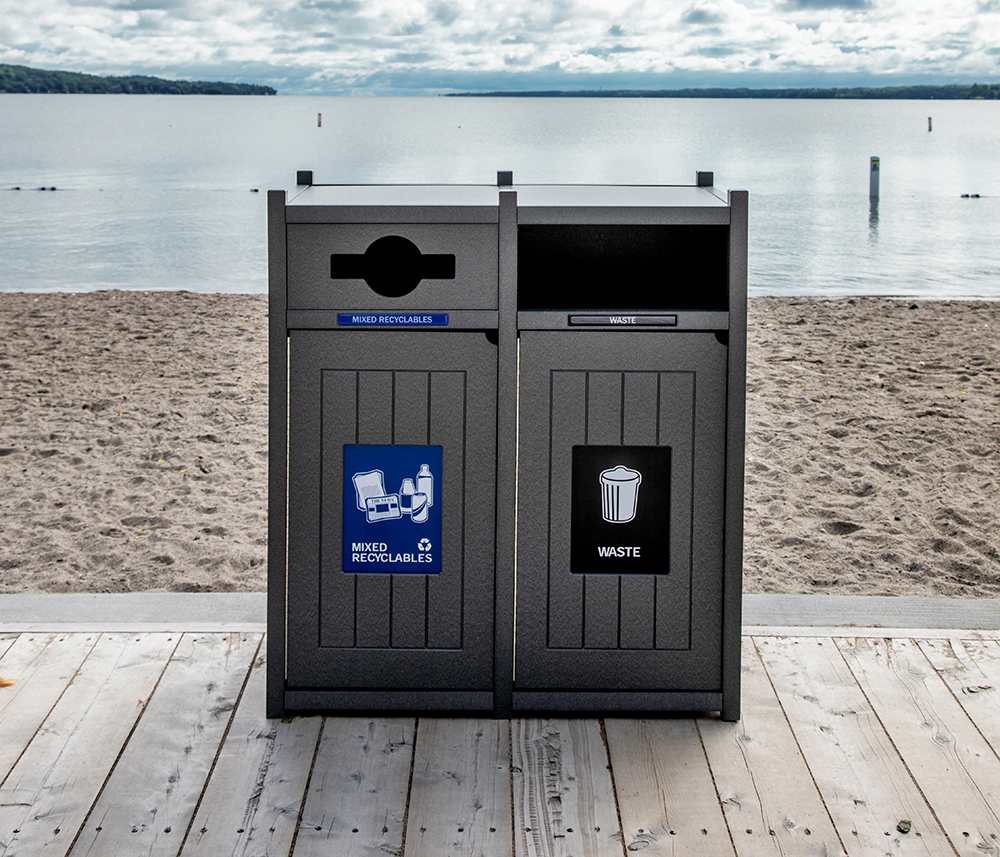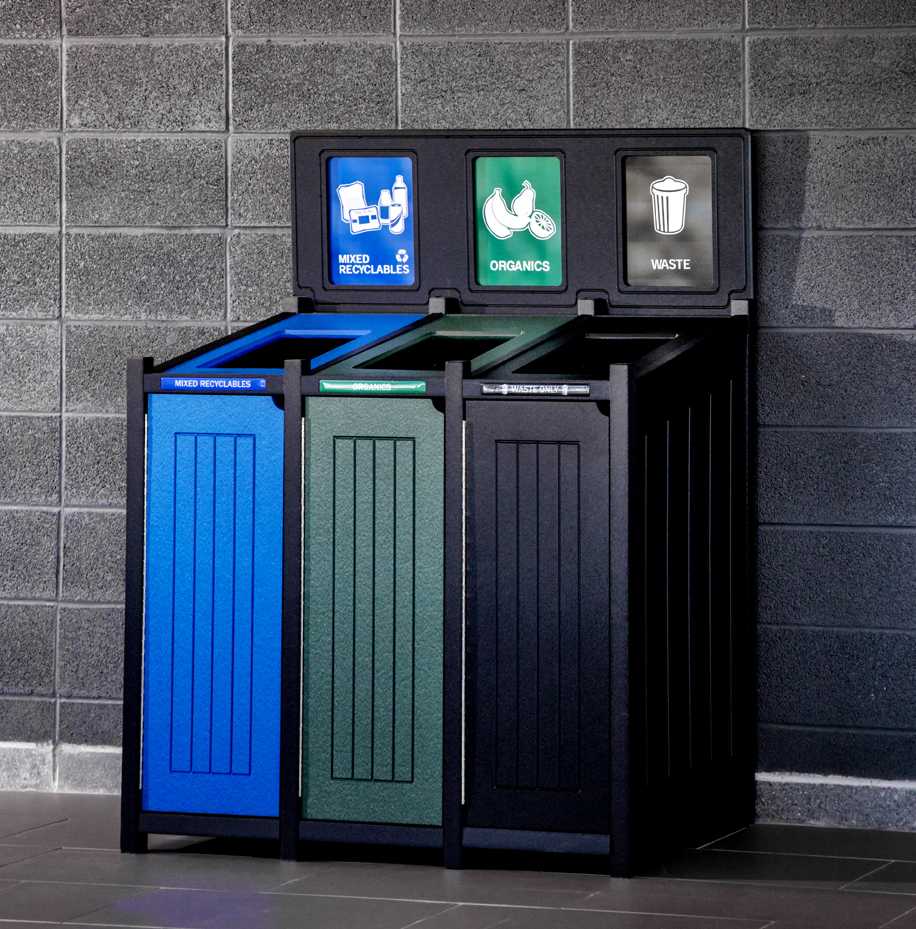How much does the paper you’re writing on mean to you, or the pages you’ve printed off this week? What about the furniture you just bought for your new place?
What if we told you that the average American uses 7 trees per year. Doesn’t seem too bad, does it? Well, what if we told you this adds up to 2,000,000,000 trees per year just in America alone. Not so good anymore, right?
Trees are used in our society for a variety of industries such as print newspaper, furniture, construction, pulp and paper mills, and so many more. We have grown to depend on paper, but as our technology becomes more advanced there are options to move away from it. Going paperless is no easy endeavour but maybe this article can help open your eyes to the benefits!
Did you know that it takes 500,000 trees to produce each week’s Sunday paper in the U.S, 75,000 of those are used just for the New York Times! Or that the average American household throws away 13,000 single pieces of paper each year. Here’s a big one: Americans throw away enough paper each year to heat 50,000,000 homes for twenty years.
I’m sure you’re thinking, “Yes but these are just facts, what do they really mean to me? How do they affect me?” Well let’s take a look, shall we?
Loss of Habitat
80% of the world’s land animals and plants live in the forest, potentially causing a habitat loss for millions of species. This could mean animals become extinct from the lack of shelter and protection causing a crash in our biodiversity. The world’s biodiversity provides us with our food, soil, clean water and provides us with medicine; without it we wouldn’t last long. Another possible outcome is that more animals will take to the streets searching for food and a place to stay. What this means for you is that you may find more bears, foxes, coyotes and many more in your backyard or smaller animals burrowed under your house or shed foraging for something to eat.
Climate Change
Forests provide moisture to both the atmosphere and to the soil causing a green and full eco-system. Without tree coverage the soil will dry up, potentially creating a barren desert that no animal or human will want to live in.
The greatest benefit that trees provide to humans and to the planet is absorption of greenhouse gases. One tree can absorb 14 pounds of carbon dioxide (CO2) in one year where if you were to burn the equivalent paper of one tree, it would produce 88 pounds of CO2. Trees are like storage cells for carbon but once they are cut down, or burned, the carbon is released and contributes to the atmospheric CO2 levels. This can be reversed by planting trees in locations that they weren’t before causing the trees to absorb more CO2 as they grow.
Paper Isn't Our Only Problem
Paper and wood products aren’t our biggest problem when it comes to the loss of our forests. Agriculture is the leading cause of deforestation; farmers cut and burn acres of forest to provide more space for crops and livestock. This dilemma is harder to combat because the world’s demand for food has grown due to the incline in our population.
Logging for paper and wood products is second in the cause of deforestation and can be easily changed just by recycling. If all newspapers were recycled we could save 250,000,000 trees a year. According to Recycling Revolution, each ton of recycled paper can save 17 trees, 380 gallons of oil, three cubic yards of landfill space, 4000 kilowatts of energy and 7000 gallons of water. This represents a 64% energy savings, a 58% water savings and 60 pounds less of air pollution!
So maybe going completely paperless isn’t within reach just yet but if we can make changes to how we treat our paper, not as waste but as a reusable and recyclable material, then maybe we can make a difference.
Sources
- http://www.recycling-revolution.com/recycling-facts.html
- https://www.theguardian.com/environment/2011/feb/11/forests-trees-climate
- http://www.nationalgeographic.com/environment/global-warming/deforestation/
- http://www.theworldcounts.com/stories/Paper-Waste-Facts
- https://www.usi.edu/recycle/paper-recycling-facts/
Did you find this Page helpful?



















